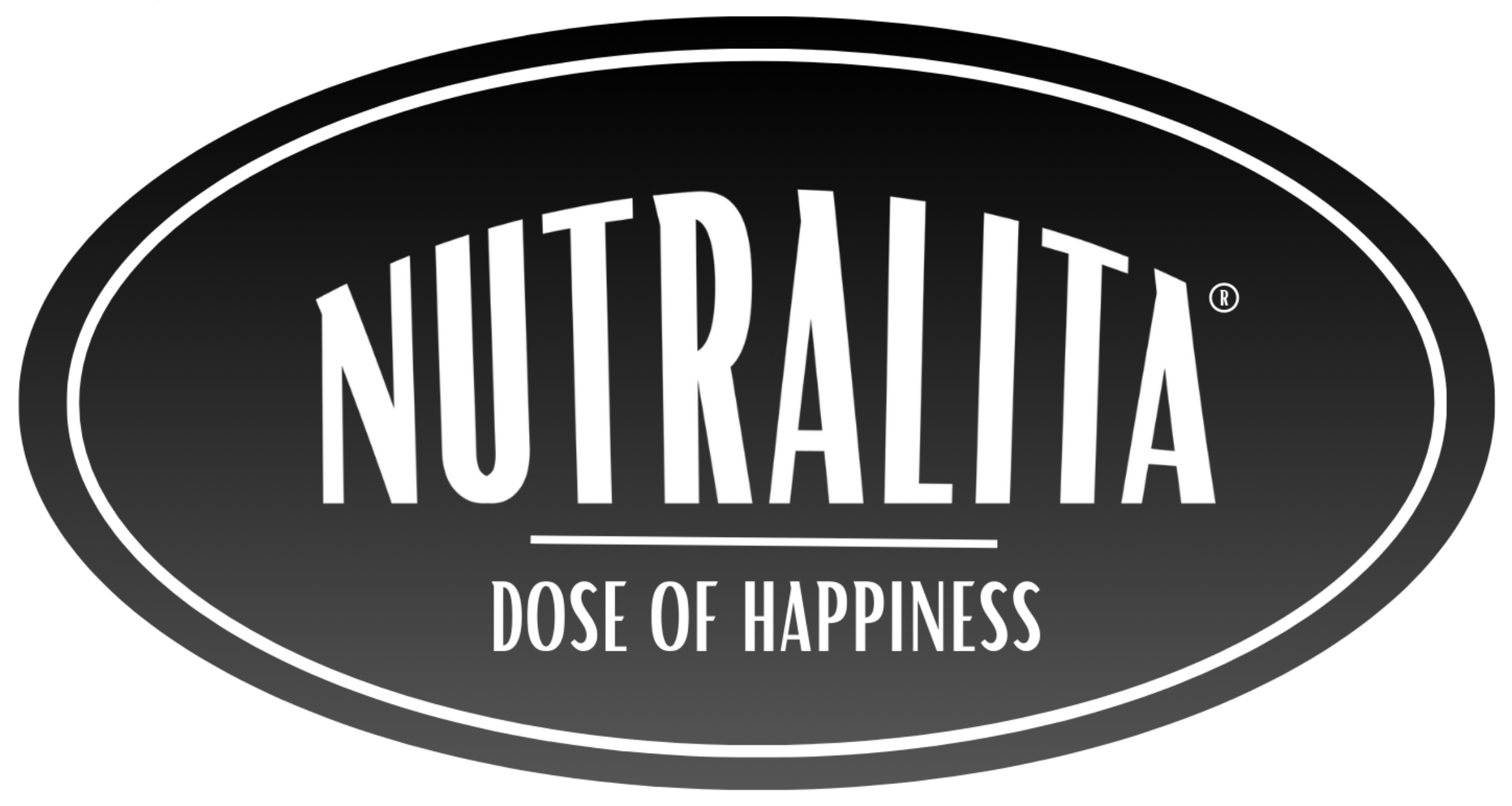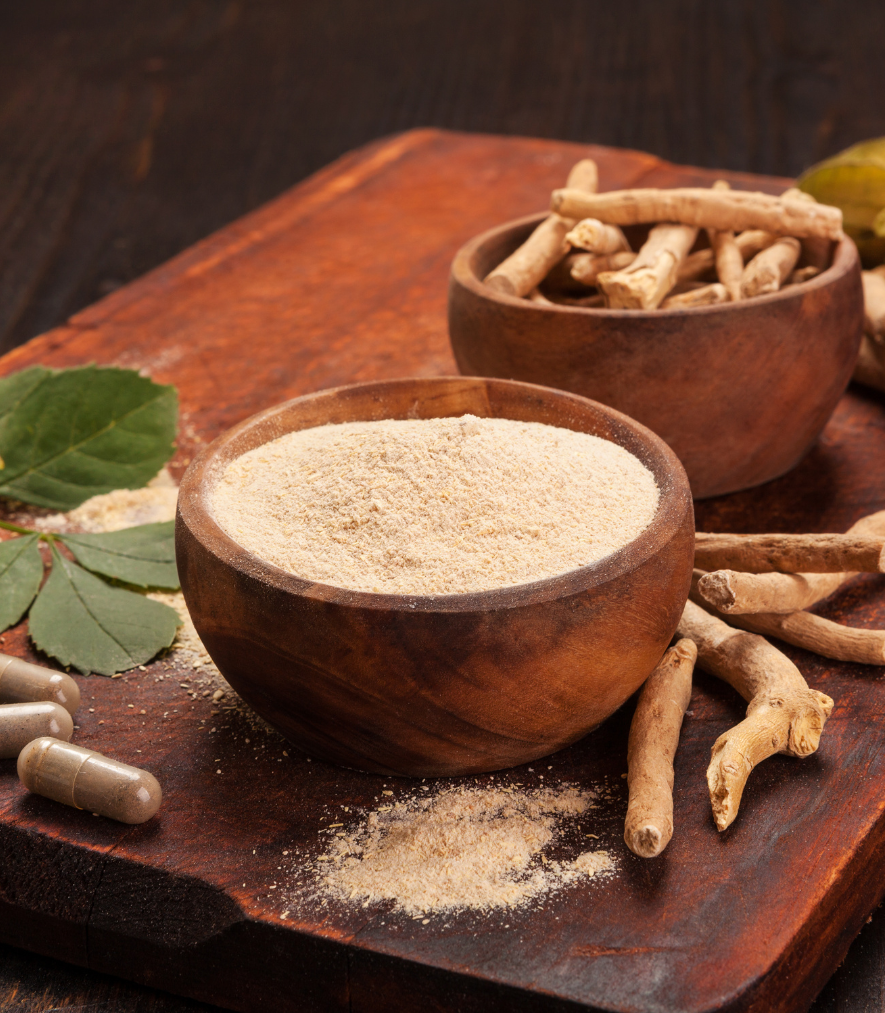Have you ever felt anxious, overwhelmed, or just mentally drained? You’re not alone. But here’s something you might not have considered—your brain might just be starving for vitamin B12.
Now, I’m not saying that B12 is some kind of miracle cure for anxiety. But what I am saying is that science shows that this tiny vitamin plays a big role in how you think, feel, and deal with stress.
Let’s take a look at how.
The Brain’s Secret Weapon: Vitamin B12
Your brain relies on B12 for some of its most important functions. It’s a key player in the production of serotonin and dopamine—the same neurotransmitters that regulate mood, keep you feeling happy, and help you stay calm under pressure. When your body runs out of B12, these brain chemicals don’t function properly, which can lead to increased anxiety, irritability, and even depression.
But that’s not all. B12 also plays a key role in maintaining a healthy nervous system. It helps produce myelin, the protective sheath around your nerve cells that ensures smooth communication between your brain and body. Without enough B12, your nervous system can become overly sensitive, leaving you feeling jittery, on edge, or constantly tired.
What the science says about B12 and anxiety
Research has shown that low levels of B12 are often linked to higher levels of anxiety and depression. In fact, one study found that people with anxiety disorders tend to have lower levels of B12 than those without them. Another study found that increasing your B12 intake can help improve mood and reduce symptoms of anxiety and depression in people who are deficient.
And here’s something fascinating: A B12 deficiency can actually mimic the symptoms of anxiety disorders—racing thoughts, pounding heart, restlessness, difficulty concentrating. Some people spend years trying therapies and medications, when all they really needed was more B12!
Are you getting enough?
The tricky thing about B12 is that your body doesn’t produce it naturally—you have to get it from food or supplements. Best sources?
✔ Animal foods like eggs, fish, poultry, beef, and dairy
✔ Fortified foods like grains, nutritional yeast, and plant-based milks (for vegetarians and vegans)
✔ B12 supplements or injections if you have absorption issues
Here’s the interesting thing: Even if you eat a lot of B12-rich foods, you can still be deficient. Why? Because B12 absorption depends on a healthy gut. If you have digestive issues, take certain medications (like antacids or metformin), or follow a strict vegetarian/vegan diet, your body may not be getting the B12 it needs.
Bottom line
If you’ve been struggling with anxiety, brain fog, or mood swings, it’s worth asking yourself: Could low B12 be part of the problem? The solution may be simpler than you think.
So do yourself a favor - pay attention to your B12 levels. Eat the right foods. Get tested if you suspect a deficiency. And if necessary, consider a supplement. Because when you take care of your brain, your brain will take care of you.
And that, my friend, is a small change that could change the world.
Now, I’m not saying that B12 is some kind of miracle cure for anxiety. But what I am saying is that science shows that this tiny vitamin plays a big role in how you think, feel, and deal with stress.
Let’s take a look at how.
The Brain’s Secret Weapon: Vitamin B12
Your brain relies on B12 for some of its most important functions. It’s a key player in the production of serotonin and dopamine—the same neurotransmitters that regulate mood, keep you feeling happy, and help you stay calm under pressure. When your body runs out of B12, these brain chemicals don’t function properly, which can lead to increased anxiety, irritability, and even depression.
But that’s not all. B12 also plays a key role in maintaining a healthy nervous system. It helps produce myelin, the protective sheath around your nerve cells that ensures smooth communication between your brain and body. Without enough B12, your nervous system can become overly sensitive, leaving you feeling jittery, on edge, or constantly tired.
What the science says about B12 and anxiety
Research has shown that low levels of B12 are often linked to higher levels of anxiety and depression. In fact, one study found that people with anxiety disorders tend to have lower levels of B12 than those without them. Another study found that increasing your B12 intake can help improve mood and reduce symptoms of anxiety and depression in people who are deficient.
And here’s something fascinating: A B12 deficiency can actually mimic the symptoms of anxiety disorders—racing thoughts, pounding heart, restlessness, difficulty concentrating. Some people spend years trying therapies and medications, when all they really needed was more B12!
Are you getting enough?
The tricky thing about B12 is that your body doesn’t produce it naturally—you have to get it from food or supplements. Best sources?
✔ Animal foods like eggs, fish, poultry, beef, and dairy
✔ Fortified foods like grains, nutritional yeast, and plant-based milks (for vegetarians and vegans)
✔ B12 supplements or injections if you have absorption issues
Here’s the interesting thing: Even if you eat a lot of B12-rich foods, you can still be deficient. Why? Because B12 absorption depends on a healthy gut. If you have digestive issues, take certain medications (like antacids or metformin), or follow a strict vegetarian/vegan diet, your body may not be getting the B12 it needs.
Bottom line
If you’ve been struggling with anxiety, brain fog, or mood swings, it’s worth asking yourself: Could low B12 be part of the problem? The solution may be simpler than you think.
So do yourself a favor - pay attention to your B12 levels. Eat the right foods. Get tested if you suspect a deficiency. And if necessary, consider a supplement. Because when you take care of your brain, your brain will take care of you.
And that, my friend, is a small change that could change the world.




Αφήστε ένα σχόλιο
Αυτή η τοποθεσία προστατεύεται από το hCAPTCHA και ισχύουν η Πολιτική απορρήτου και οι Όροι Παροχής Υπηρεσιών του hCaptcha.